Qasoqaanga:优先像普通话的某,介于某和梅之间。大致如此。回到原帖某mou?差别大的吧 |
|
|
http://en.wikipedia.org/wiki/Standard_Chinese_phonology#Vowels 维基 汉语普通话 元音
For broad allophone [e] of /ǝ/:
It would also be possible to merge /ɨ/ and /i/, which are historically related, since they are also in complementary distribution, provided that the alveolo-palatal series is either left unmerged, or merged with the velars rather than the retroflex or alveolar series. (That is, [t͡ɕi], [t͡sɯ] and[ʈ͡ʂɨ] all exist, but there is neither *[ki] nor *[kɨ], so there is no problem merging both ~[ɨ] and [k]~[t͡ɕ] at the same time.) http://en.wikipedia.org/wiki/English_language#Vowels 维基 英语 元音 The system of vowel phonemes and their pronunciation is subject to significant variation between dialects. The table below lists the vowels found in Received Pronunciation (RP) and General American, with examples of words in which they occur. The vowels are represented with symbols from theInternational Phonetic Alphabet; those given for RP are in relatively standard use in British dictionaries and other publications. For more detailed information see English phonology: Vowels.
http://en.wikipedia.org/wiki/Close_central_unrounded_vowel#Occurrence 维基 /ɨ/音多语种样例 [watson1981于2014-02-12 12:24编辑了帖子]
|
||||||||||||||||||||||||||||||||||||||||||||||||||||||||||||||||||||||||||||||||||||
|
||||||||||||||||||||||||||||||||||||||||||||||||||||||||||||||||||||||||||||||||||||
说个题外话,
你们能够听出 [ɰ]和 /u/ 的区别吗 ? |
alandelong:说个题外话,Feihua,当然能,没有人会把思想听成或说成苏想。 |
[sharrum于2014-02-16 05:10编辑了帖子]
|
找到了,是这2个符号:[ɿ], [ʅ]
|
中文维基对国际音标的说明:
http://zh.wikipedia.org/wiki/%E5%9C%8B%E9%9A%9B%E9%9F%B3%E6%A8%99 图片:搜狗截图14年02月15日1807_1.jpg 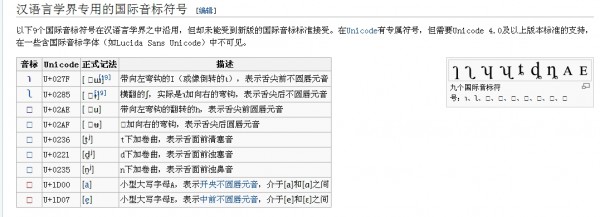
楼上输入的那两个符号是汉语言学界自己使用的,没有被国际音标标准接受。 |
|
|
这么说,汉语的“思”和日语的 す,是完全同一个音了
但是韩语里那个[ɯ],我听起,和u总有点不好区分,特别是和辅音相拼时,比如和b相拼啊之类的 |
alandelong:这么说,汉语的“思”和日语的 す,是完全同一个音了不太一样,请去维基百科读“Japanese Phonology”这篇,关于俄语语音可读“Russian Phonology”这篇,其他语言的语音以此类推。 |
说德语eu和英语听觉相似倒是可以理解,但和俄语的ы差别也太明显了;更何况前两个是双元音,俄语的ы是单元音。
德语的eu: 图片:搜狗截图14年02月24日2213_1.jpg 
补充: 图片:搜狗截图14年02月27日1230_2.png 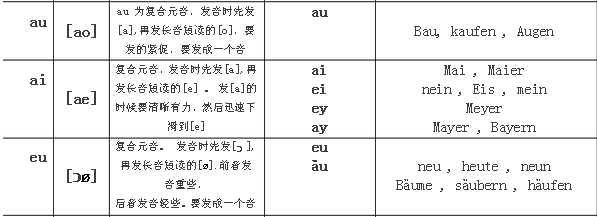
图片:搜狗截图14年02月27日1229_1.png 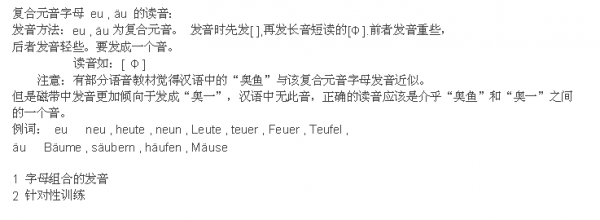
无论此双元音滑向的后一个元音是什么,前面一个元音的“奥”地位是没争议的。 [watson1981于2014-02-27 12:34编辑了帖子]
|
|
|
watson1981:说德语eu和英语听觉相似倒是可以理解,但和俄语的ы差别也太明显了;更何况前两个是双元音,俄语的ы是单元音。我觉得相反,德语eu和英语oi比和俄语ы差别要大。实践出真知,尤其对于学语言而言。俄语学习者对于ы困惑也在此,明明听着是双元音,可课本上却写着单元音。我只是提出一个思路,大家可以实际听听,对比一下德语eu和俄语ы。话是人说的,学语言最重要的是模仿,用不着太拘泥于课本。 |
|
有兴趣可以听听看看下面内容:
图片:文档 1-01.png 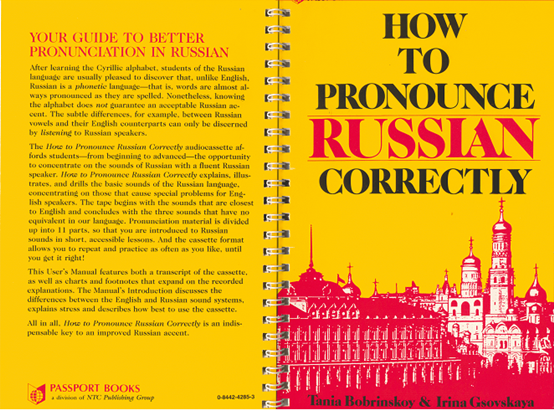
图片:文档 1-0.png 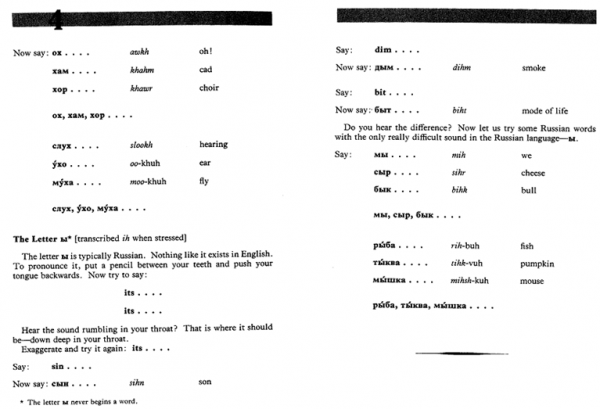
Pron Russ - Unit 04.zip 声音文件需要解压,片段共有三个俄文字母的发音,最后一个就是ы的发音技巧和示例。 |
|
|
